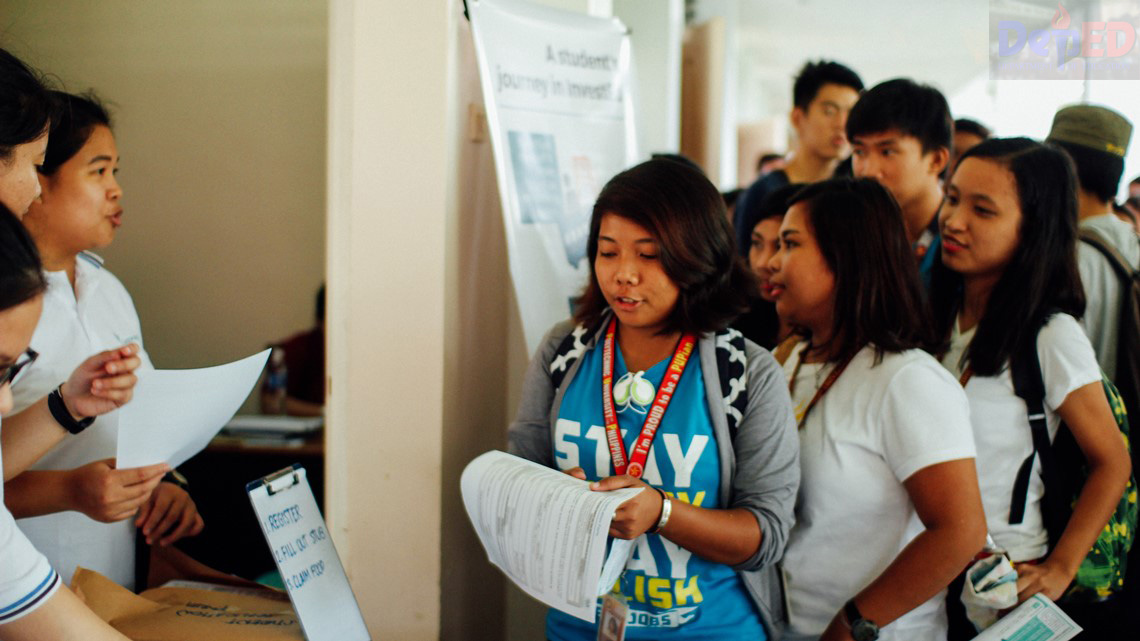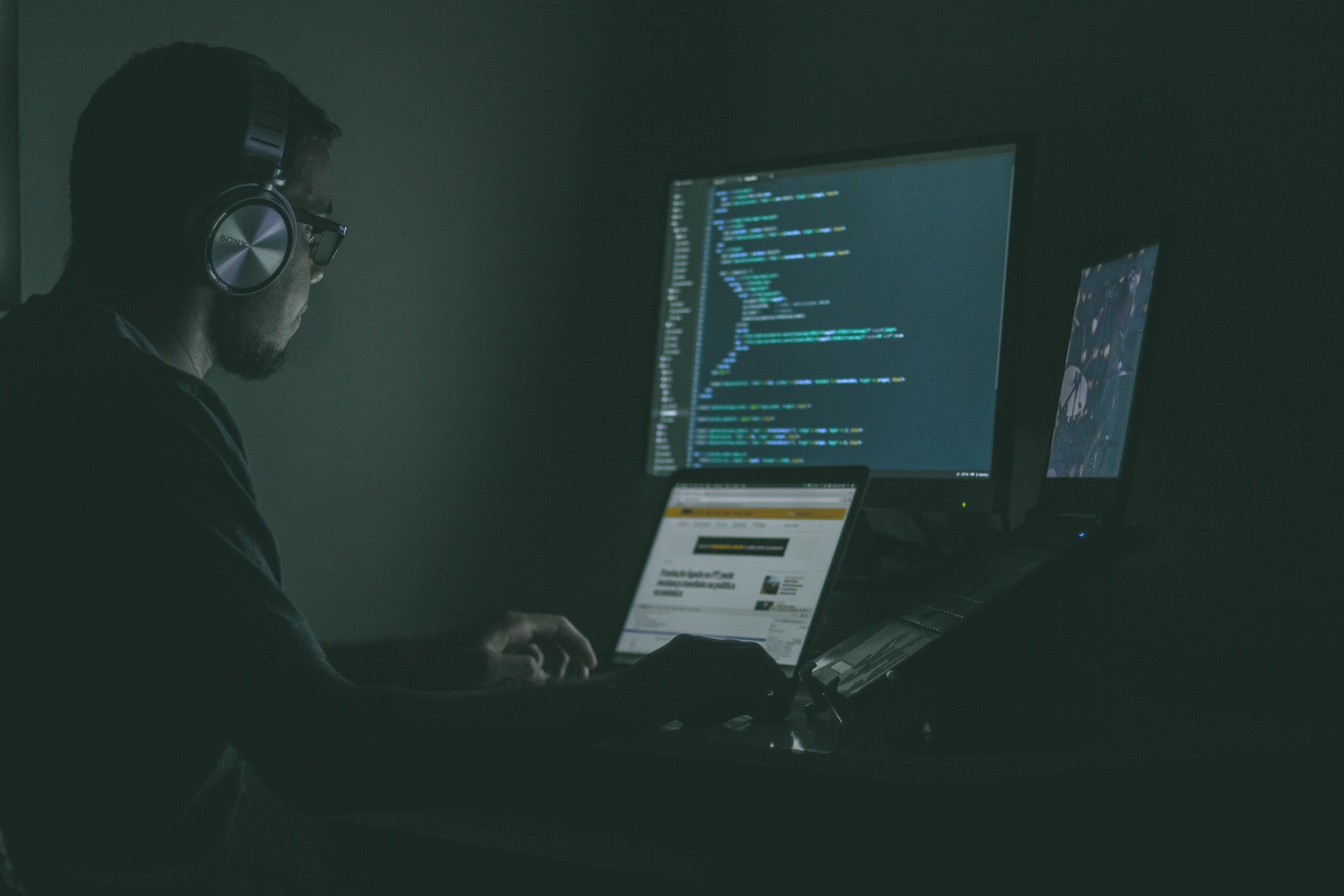With all the push and pull between politicians and educators on school opening, there’s this concern that the learning ecosystem is too worn out.
Current circumstances threaten the very structure of education, and there couldn’t be a better time for the adoption of a more productive ecosystem, where educational resources and approaches align with goals. If not, schools risk disintegration as their leaders mull about school reopening steps and take up significant chunks of time trying to integrate them.
UNESCO goals are ambitious but not impossible
As a part of UNESCO’s sustainable development goals for 2030, the international education community has pledged their support with a commitment to do whatever it takes to achieve the UNESCO’s education goals by 2030. The existing situation, however, is far from what could look like reality almost a decade after. The report states that the global education system is short of as many as 69 million teachers to achieve this ambitious goal in the next ten years.
As grave as this situation may seem, it is also not enough to just go on a hiring spree. Enhancing the overall education quality is just as important as having enough teachers to support them. Teachers must be willing to train students through systematic professional development programs, be sensitive to their needs, motivate them from time to time to help stay focused, and, perhaps most importantly, evolve teaching practices with evolving times.
Yes, there is a pressing need for millions of new teachers to drive the global education community towards its purposeful goals. And looking beyond the sheer number of new additions required to make this happen, there is an equally urgent requirement to fill up this massive void with well-trained, well-supported, and suitably compensated teachers.
COVID-19: A turning point for online education?
With the coronavirus lockdowns affecting over 90 percent of the world’s student population, schools all over have made haphazard attempts to make a rapid shift to distance learning. From having to make abrupt and unprecedented changes to the way schools operate, learning, and adapting to newer approaches to practically adjusting to a new reality that was almost unimaginable a few months ago, COVID has altered every aspect of a student and a teacher’s life.
However, often a crisis of such magnitude provides a critical reflection point for the education community to mull over the status quo and consider new approaches and technologies to deliver an education that is better suited to tomorrow’s needs. We must act now and not let this opportunity go waste to build back a better and sustainable learning ecosystem, backed by technologies of tomorrow.
Women might as well consider themselves at the forefront of the education revolution. From fulfilling household and family responsibilities, while at the same time, trying to maintain personal as well as professional interests, women, with years of hands-on experience of performing managerial duties at home and workplace, have an inherent tendency to make critical decisions faster and with greater accuracy and effect.
Women who run the show for the learning ecosystem
To cite a few examples, Daphne Koller, a machine learning researcher at heart, is also the co-founder of a massive open online learning platform called Coursera that boasts an estimated value of $1 billion today and a student base of over 40 million since its foundation in 2012. Koller, with her forward-looking approach to democratizing education for open and equal access to all, is clearly one of the leading female EdTech pioneers globally.
Priya Lakhani is another one of the many young EdTech entrepreneurs who have been trailblazers for ideas that will probably be standard fare in the time to come. In 2014, she formed a revolutionary tech platform called Century Tech that harnesses the power of emerging technologies like artificial intelligence and blockchain to create a learning ecosystem that can be handcrafted to suit each student’s strengths and weaknesses.
Learning knows no bounds
And to those who believe are too old to become a part of a learning ecosystem that fundamentally shapes the future generations, consider this example of a 70-year old American woman, mother of four, and a proud grandmother. She recently graduated from her course by sheer persistence and diligence.
Rosa MacDonald-Burns is truly an epitome of willpower and determination. Despite the growing fears and anxiety around the coronavirus pandemic and subsequent lockdowns, she vehemently carried on with her online courses and finally, on June 13, earned her bachelor’s degree in applied technology from Brazosport College in Texas. MacDonald-Burns, in her pursuit of learning, shows us that retirement is not the end of learning, and neither is motherhood. As long as there’s continuous education, anyone can still be a part of something productive.
Facilitators of learning
Mothers are a child’s first teacher. And much like in the case of MacDonald-Burns and other female EdTech pioneers, a woman does not need specialized skills when she can join the learning ecosystem. She can be qualified with the skills she has for a certain role.
Similar to her role as a mother who teaches her kids essential life skills that don’t come in the form of a textbook or classroom, she, with the role of a teacher, can create a facilitative learning environment for students. With the bachelor’s degree in applied technology under her belt, she’s a welcome addition to the learning ecosystem.
Teachers as facilitators can mainly encourage students to apply their real-life learning to solve life’s toughest challenges. By sharing positive ways of working on a project and nurturing a problem-solving mentality, women can navigate some semblance of a school learning much more effectively and enthusiastically. All of this put on a blockchain can transform the global learning ecosystem with enhanced trust and transparency.
In an ideal ecosystem, students could see that they can recreate their plans. They are made to realize that they are in control of how they respond to any situation in their life—increasing confidence and a sense of control in times of stress. Those who lead can find ways NOT to let anyone lag behind.
– Mitch Rankin, co-founder of English Forward







